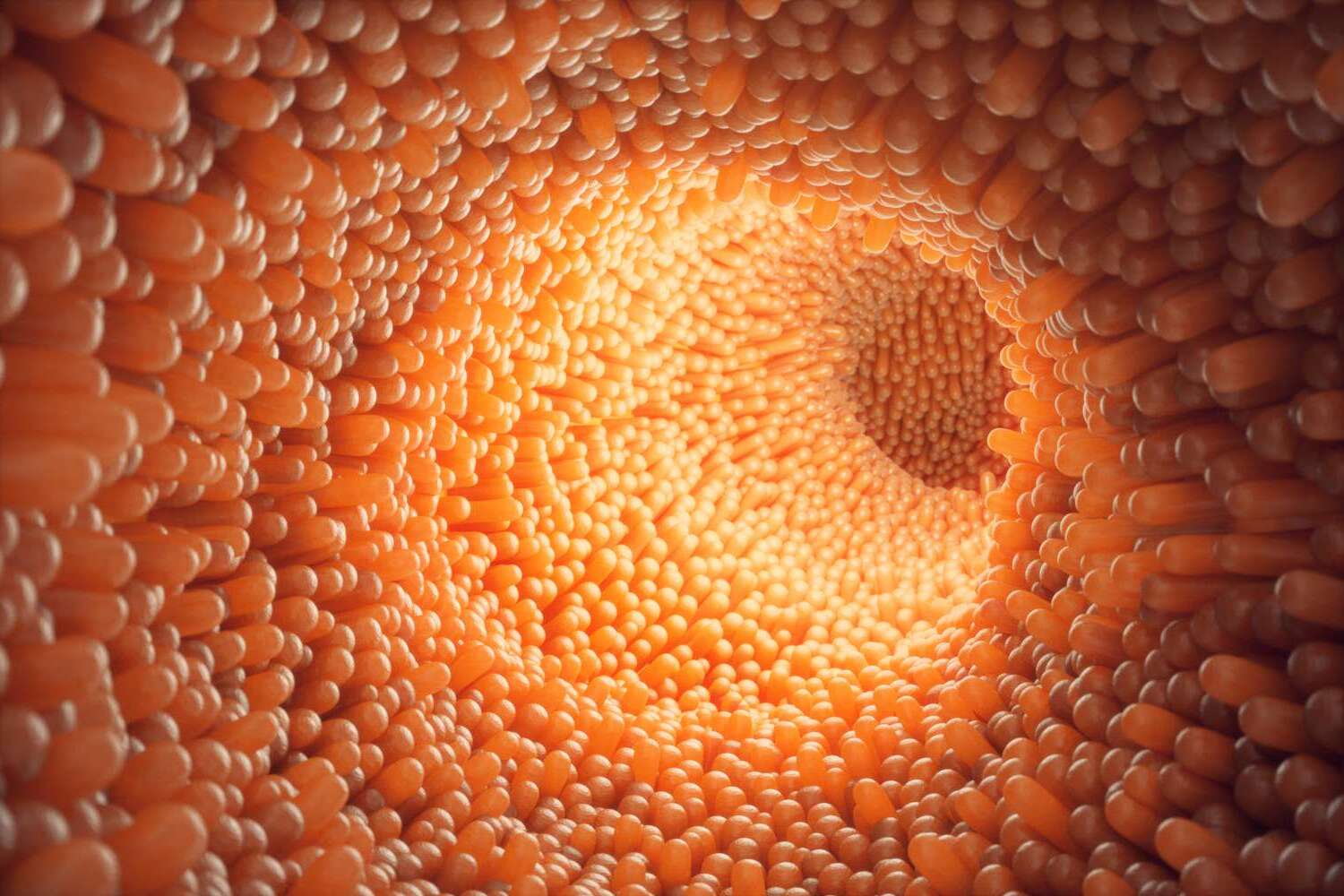
Digestive enzymes play a crucial role in breaking down the food we eat into nutrients our bodies can use. These enzymes are like tiny workers in our stomachs and intestines, helping to transform meals into energy and building blocks for growth. Without them, our bodies would struggle to absorb essential nutrients, leading to various health issues. From amylase in saliva that starts digesting carbs to proteases in the stomach that break down proteins, each enzyme has a specific job. Understanding these enzymes can help us make better dietary choices and improve our overall health. Ready to learn some fascinating facts about these tiny powerhouses? Let's get started!
Key Takeaways:
- Digestive enzymes are essential for breaking down food into nutrients. They are produced in different parts of the digestive system and help the body absorb carbohydrates, proteins, and fats for energy and overall health.
- Enzyme deficiencies can lead to malnutrition, and certain medical conditions and aging can affect enzyme production. Eating a balanced diet, staying hydrated, and managing stress can support digestive enzyme function and improve digestion.
What Are Digestive Enzymes?
Digestive enzymes are proteins that help break down food into smaller molecules so the body can absorb nutrients. They play a crucial role in digestion and overall health.
- Digestive enzymes are produced in various parts of the digestive system, including the mouth, stomach, pancreas, and small intestine.
- There are three main types of digestive enzymes: amylases, proteases, and lipases. Each type breaks down different nutrients.
- Amylases break down carbohydrates into simple sugars like glucose, which the body uses for energy.
- Proteases break down proteins into amino acids, which are essential for building and repairing tissues.
- Lipases break down fats into fatty acids and glycerol, which the body uses for energy and cell structure.
How Do Digestive Enzymes Work?
Digestive enzymes work by catalyzing chemical reactions that break down food molecules. This process begins in the mouth and continues through the digestive tract.
- Saliva contains amylase, which starts breaking down carbohydrates as soon as you begin chewing.
- The stomach produces pepsin, a type of protease that breaks down proteins into smaller peptides.
- The pancreas releases a variety of enzymes into the small intestine, including amylase, protease, and lipase.
- Bile from the liver aids lipase in breaking down fats by emulsifying them, making it easier for lipase to act.
- Enzymes in the small intestine complete the digestion process, breaking down food into molecules small enough to be absorbed into the bloodstream.
Why Are Digestive Enzymes Important?
Digestive enzymes are essential for nutrient absorption and overall health. Without them, the body would struggle to get the nutrients it needs from food.
- Enzyme deficiencies can lead to malnutrition, even if you eat a balanced diet.
- Certain medical conditions, like pancreatitis and cystic fibrosis, can affect enzyme production and function.
- Aging can reduce enzyme production, making it harder for older adults to digest food efficiently.
- Digestive enzyme supplements can help people with enzyme deficiencies or digestive disorders.
- Enzyme-rich foods, like pineapple and papaya, can support digestion naturally.
Common Digestive Enzyme Disorders
Several disorders can affect the production and function of digestive enzymes, leading to various health issues.
- Lactose intolerance occurs when the body lacks lactase, the enzyme needed to digest lactose, a sugar found in milk.
- Celiac disease affects the small intestine, reducing its ability to produce enzymes and absorb nutrients.
- Chronic pancreatitis can damage the pancreas, reducing its ability to produce digestive enzymes.
- Exocrine pancreatic insufficiency (EPI) occurs when the pancreas doesn't produce enough enzymes, leading to malabsorption and nutrient deficiencies.
- Inflammatory bowel diseases (IBD), like Crohn's disease and ulcerative colitis, can affect enzyme production and function.
How to Support Digestive Enzyme Function
Supporting digestive enzyme function can improve digestion and overall health. Here are some ways to help your body produce and use enzymes effectively.
- Eating a balanced diet rich in fruits, vegetables, and whole grains can support enzyme production.
- Staying hydrated helps enzymes function properly, as water is essential for many biochemical reactions.
- Chewing food thoroughly can aid enzyme action by breaking food into smaller pieces.
- Avoiding processed foods, which can be hard to digest and may lack essential nutrients, can support enzyme function.
- Probiotics can support gut health, which in turn can help maintain healthy enzyme levels.
- Managing stress is important, as chronic stress can negatively affect digestion and enzyme production.
- Regular exercise can improve digestion, helping enzymes work more efficiently.
Digestive Enzymes: The Unsung Heroes
Digestive enzymes play a crucial role in breaking down food into nutrients our bodies can use. Without them, we'd struggle to absorb essential vitamins, minerals, and other nutrients. These enzymes, like amylase, protease, and lipase, work tirelessly in our digestive system, ensuring everything runs smoothly. They help prevent bloating, gas, and other digestive discomforts.
Including enzyme-rich foods like pineapple, papaya, and fermented products in your diet can boost your digestive health. Supplements can also be beneficial, especially for those with enzyme deficiencies. Remember, a balanced diet and proper hydration support enzyme function.
Understanding the importance of digestive enzymes can lead to better health choices and improved well-being. So next time you enjoy a meal, give a nod to these tiny but mighty helpers working behind the scenes. Your body will thank you!
Frequently Asked Questions
Was this page helpful?
Our commitment to delivering trustworthy and engaging content is at the heart of what we do. Each fact on our site is contributed by real users like you, bringing a wealth of diverse insights and information. To ensure the highest standards of accuracy and reliability, our dedicated editors meticulously review each submission. This process guarantees that the facts we share are not only fascinating but also credible. Trust in our commitment to quality and authenticity as you explore and learn with us.
